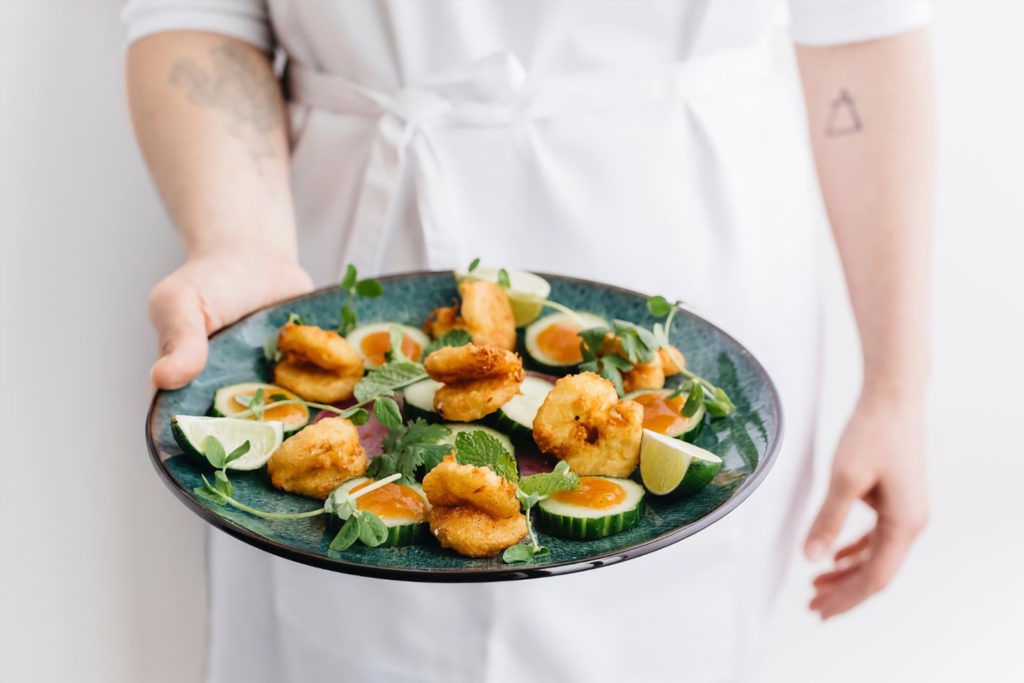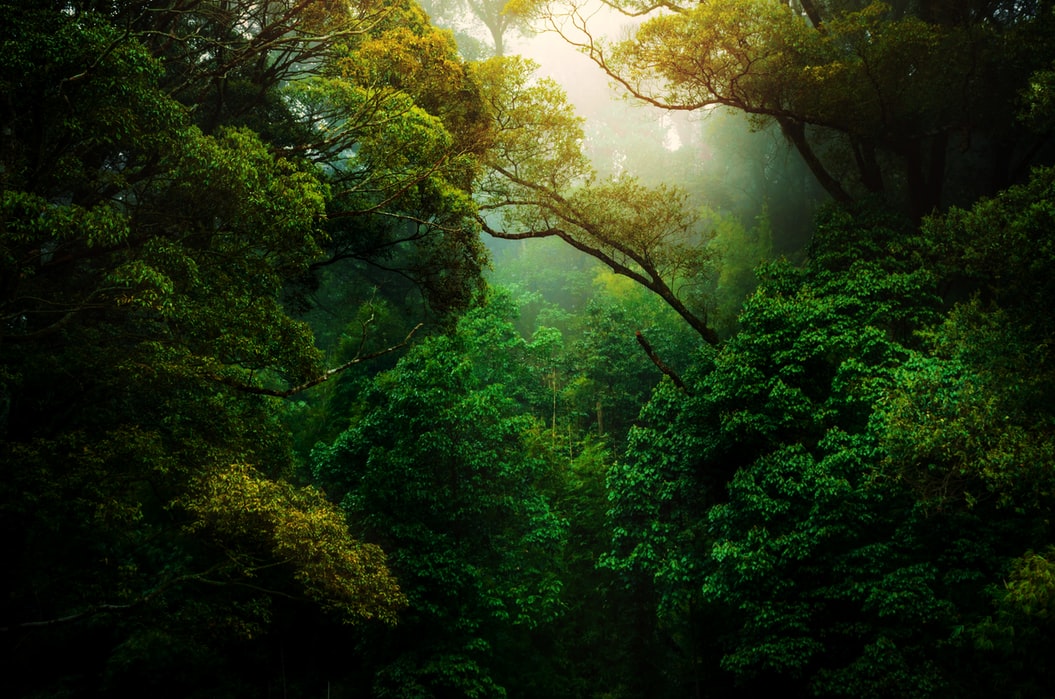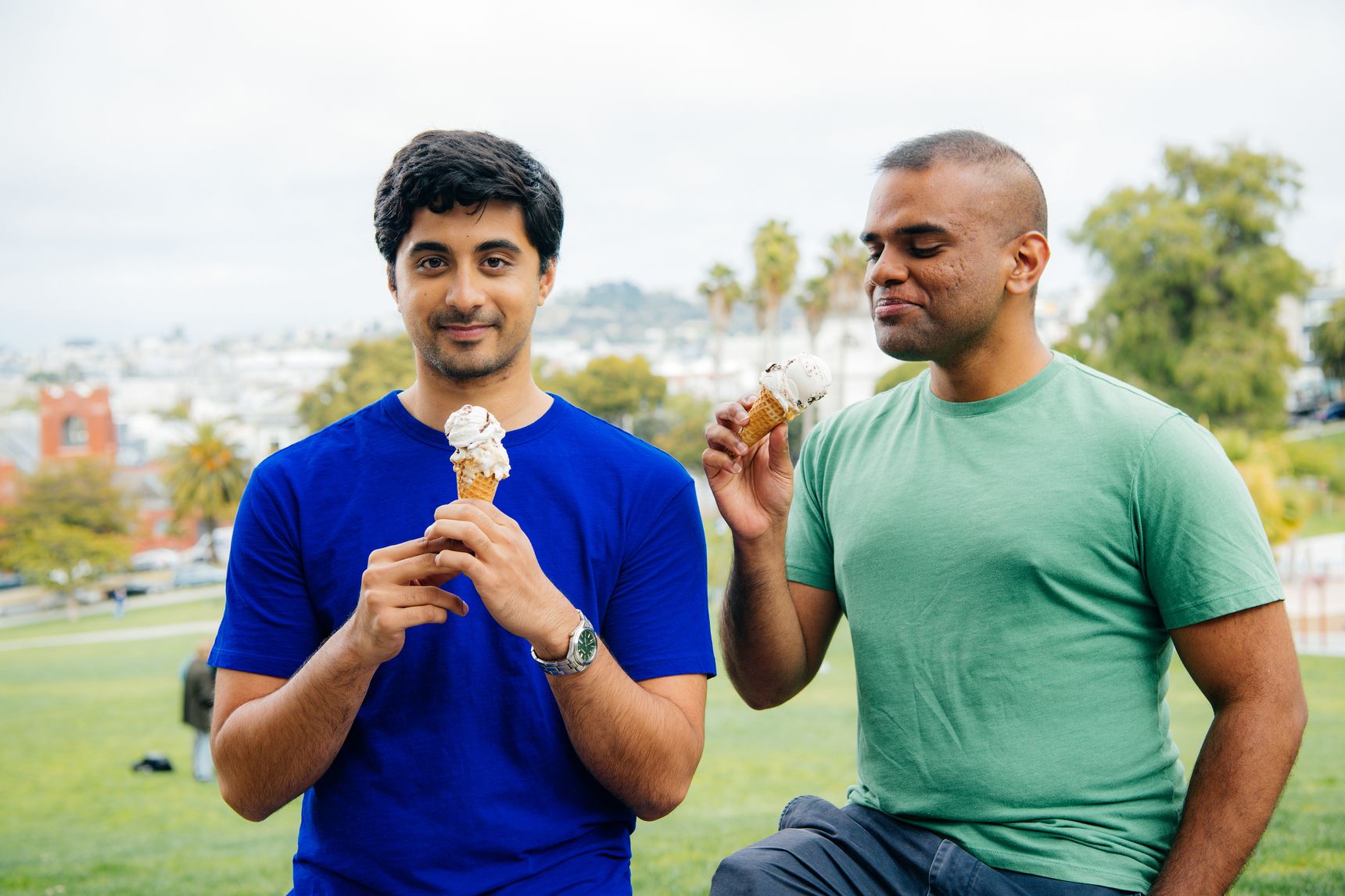
As the population keeps growing, we are increasingly turning to our oceans to feed a hungry world. This pressure is leading to unsustainable practices that damage ecosystems and our health.
New Wave Foods is creating healthy and sustainable plant and algae-based seafood to meet this growing demand. I talked to the company’s CEO, Dominique Barnes, to learn more about this issue, her team’s expertise, and how New Wave Foods can change how we eat. Check out her pitch live on February 4th on IndieBio’s Demo Day Livestream!
A: Tell me about your background, how did you get interested in the biotech space?
My background is in Marine Conservation and hospitality. I saw biotech as a way to solve overfishing pressures on our oceans.
A: What problem are you working to solve with your company, New Wave Foods?
We’re working to solve the global issue of feeding over 10 billion people by 2050. The current seafood supply chains are riddled with unsustainable practices. The growing demand for fish, which has surpassed beef, is putting pressures on suppliers to find ways to produce more. There’s also a big lack of transparency in the seafood industry. As a result, consumers don’t really know what they’re buying, and that it is not as healthy as they’re led to believe. It’s also creating massive social injustices where slave labor is being used to meet demand. We saw all these problems and wanted to find a way to supply the world with sustainable, ethical, healthy, and delicious seafood.
A: If you could only pick one thing to validate your reason for forming a startup, what would it be? In other words, what would be the single biggest indicator to you that you are doing the right thing?
D: Sales. Seeing people buying this new sustainable product would be huge validation. I’m from Las Vegas so it would be great to see a shrimp cocktail made from our products. Eventually, I’d love to see an all you can eat seafood buffet that’s all made by NWF.
A: How do you think success can change your industry?
D: Increasing awareness of all the issues with our current food supply. We can create a product that’s better than what’s being offered in a manner that’s good for consumers and the planet. We want to make it easy for people to make the healthy choice for themselves and the planet.
A: How is your team uniquely able to tackle this? What’s the expertise?
D: I have extensive knowledge, background, and a passion for marine life and conservation. It’s always been my life’s goal to do something that benefits our oceans. After earning a master’s in Marine Biodiversity and Conservation, I saw that entrepreneurialism was a way to solve this problem and make a positive impact. Michelle, my co-founder and CTO, has a master’s in material engineering from Carnegie Mellon, which is vital since this is really an engineering problem of texture. How do yo use materials like plants and algae to build seafood? She uses her expertise and knowledge to make great products. We have really complementary skill sets that balance each other out.
A: Any big lessons learned transitioning to startup entrepreneurship?
D: Flexibility is the word that comes to mind. You can’t be rigid in your thought process or path. It’s important to be open and listen to a lot of different opinions and advice. Though ultimately it’s your decision, so be true to what you set out to do.
A: What’s the biggest challenge you’ve encountered so far?
D: There are so many when creating a startup. The biggest challenge here is getting people to accept algae as a food since it has a negative connotation in the food world. We have to educate people that algae is actually a big reason why our seafood is healthy, sustainable, and delicious.
A: What are the big goals and milestones you’re looking to hit in the short term? Long term?
D: Short-term we’re moving into collaborative kitchens and getting our product to local catering companies that we’re working with. In the long term, we want to be in grocery stores nationally and internationally. So scaling our product to get to that level in the next 5 years.



